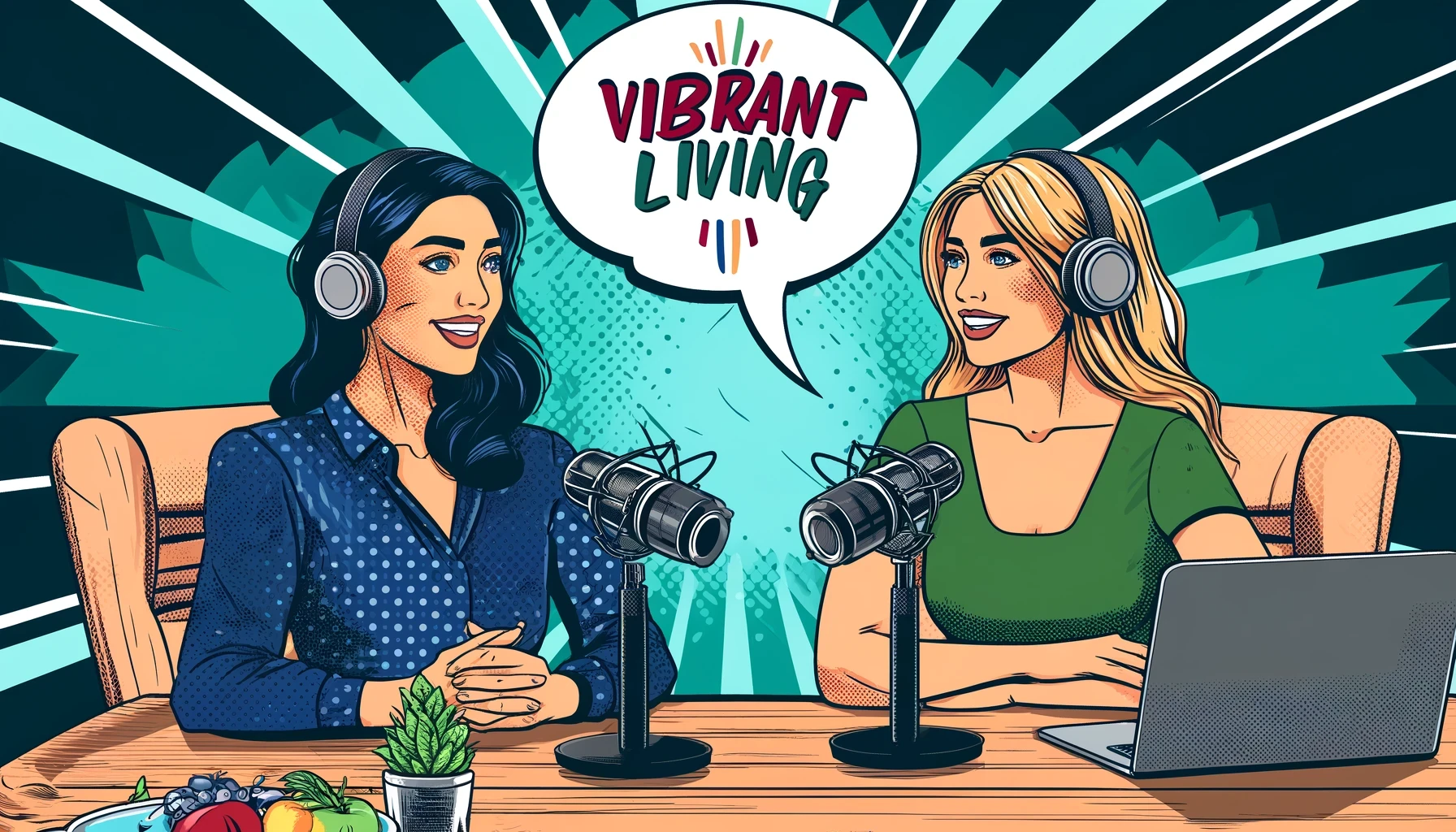Nootropics, also known as "smart drugs" or cognitive enhancers, have garnered considerable interest for their potential to improve brain function. They are known for their ability to support memory, concentration, and overall mental clarity.
Nootropics are sought after by individuals aiming to boost their cognitive performance.

If you have seen the movie Limitless, well... this is not that, but it would be nice though 😃

The science behind nootropics lies in their diverse mechanisms of action, each targeting different facets of brain health. Some nootropics work by increasing the availability of neurotransmitters, the chemical messengers that allow neurons to communicate effectively.

Ultimate Cell Energy
Unlock your brain's potential with Ultimate Cell Energy. This unique formula is crafted to boost brain performance and maintain brain health, so you can stay sharp and focused every day.
Others may improve blood circulation to the brain, support neuronal growth, or help in balancing neurochemicals, all contributing to improved cognitive function. With the brain's intricate network so crucial to daily functioning, even small enhancements in its operation can make significant differences in one’s mental capabilities.
As the interest in self-optimization grows, understanding the uses, benefits, and safety of nootropics becomes increasingly important. Whether they're used to support a demanding professional life, academic pursuits, or simply to maintain brain health over time, nootropics represent a fascinating intersection of neuroscience and self-improvement.
However, with the vast array of options available, individuals are advised to approach this topic with an informed perspective to make the most out of these cognitive enhancers.
Understanding Nootropics and Cognitive Enhancement
Nootropics, often referred to as "smart drugs," are agents that can improve cognitive functions such as memory, focus, attention, and creativity. Their rising popularity stems from their potential to enhance mental performance and neuroprotection.
Types of Nootropics: Natural vs. Synthetic
Nootropics are divided into two primary categories: natural nootropics, which include herbs and nutrients that support cognitive functions, and synthetic nootropics, which are manufactured compounds like nootropic drugs and supplements. Natural nootropics such as caffeine, ginkgo biloba, and omega-3 fatty acids are commonly found in foods and plants. They work more subtly and are generally safer with fewer side effects. Meanwhile, synthetic nootropics are designed to offer more pronounced cognitive benefits, but might also pose a higher risk of side effects.
Mechanisms of Action: How Nootropics Work
The effectiveness of nootropics is attributed to their various mechanisms of action. They influence brain chemicals or neurotransmitters that are crucial for transmitting signals between brain cells. By modulating neurotransmitter levels, nootropics may improve communication within the brain, which is essential for cognitive enhancement. For instance, some nootropics may increase acetylcholine levels, directly influencing learning and memory.

Nootropic Benefits and Effects on Brain Functions
Individuals may experience a range of benefits from nootropics, including improved mental performance and enhanced brain functions. Benefits often sought include heightened memory, enhanced focus and attention, increased learning capacity, and fostered creativity. Additionally, some nootropics provide neuroprotection by safeguarding brain cells from damage and supporting brain health. It's important to note that results can vary, and the scientific understanding of nootropics' efficacy continues to evolve.
The Safety, Side Effects, and Legal Aspects of Nootropics
Nootropics carry the potential to enhance cognitive function, but they come with concerns related to safety, side effects, and legal ambiguities. It is critical for individuals seeking to use these substances to be informed about the associated risks and to adhere to the best practices for responsible use.
Potential Side Effects and How to Mitigate Them
While nootropics are widely used to improve memory, alertness, and mental performance, they may also lead to adverse effects, including insomnia, headaches, and gastrointestinal issues. Safe use begins with understanding one’s physical health and consulting a healthcare professional before commencing usage, especially if combining nootropics with other medications that affect neurotransmitters.

To mitigate side effects:
- Start with low dosages: Begin with minimal amounts to assess the body's response.
- Monitor caffeine intake: Overuse may increase anxiety and sleep disturbances.
- Maintain a healthy lifestyle: Adequate sleep, regular exercise, and stress management can help reduce unwanted effects.
Legality, Regulation, and Ethical Considerations
The legal status of nootropics varies by country and by specific substances. Some, like prescription stimulants, are tightly regulated due to their potential for abuse and cognitive decline upon withdrawal. Ethically, the misuse of cognitive enhancers raises concerns over equity in academic or professional settings, creating a possible advantage for those who use them.
Legal and ethical guidelines for nootropics include:
- Verify the substance's status: Confirm that nootropics are legal in your jurisdiction.
- Follow prescribed use: If using prescription nootropics, adhere strictly to your healthcare provider's guidelines.

Best Practices for Nootropic Use and Longevity
Long-term safety of nootropics is an area under research. Potential concerns around tolerance, addiction, and impact on mental health have been identified.
Users should take a responsible approach to ensure not only the short-term enhancement of cognitive functions but also the longevity of mental acuity and general health.
To promote safe, long-term nootropic use:
- Cycle nootropics: Avoid continuous use to prevent dependence and to maintain effectiveness.
- Consider natural alternatives: Whenever possible, opt for substances with a history of safe use, such as certain herbs and antioxidants.
- Track your response: Keep a log of any changes in cognitive function, motivation, anxiety, and overall well-being.
I hope you enjoyed the article and the value I am trying to provide. If you have special requests or want to say HI, you know how to find me 🙋, till then stay Vibrant!





